The Briar Thomas Conservatory
About
Here at Briar Thomas Conservatory, students are offered a well rounded and comprehensive music education. We have private lessons, group classes, a student choir, and toddler classes. It's fun for the whole family! Students also go on monthly field trips to experience the impact of music on the world around us. When you enroll here, you get so much more than just your average music lesson!
All our teachers are incredibly passionate about teaching. We pride ourselves in motivating and inspiring our students in new and interesting ways. Students are given a nurturing and wholesome environment in which to grow, make life long friends, and explore their own musical interests.
Specialties
Student's age
Able to read music
Years experience
Instrument style
Musical styles
Photos and videos
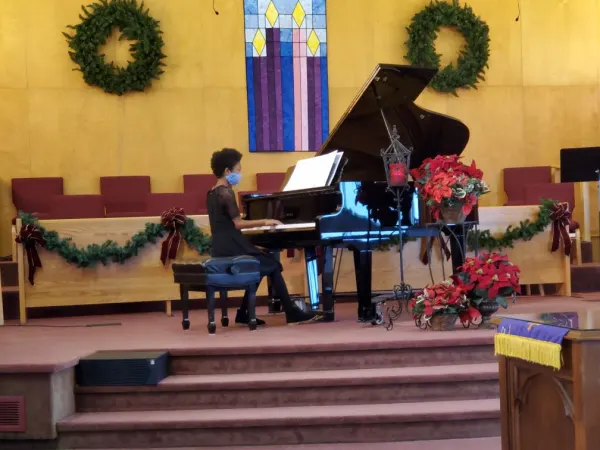
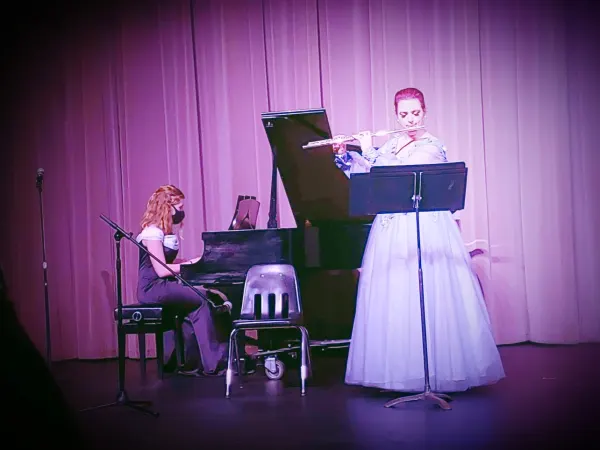
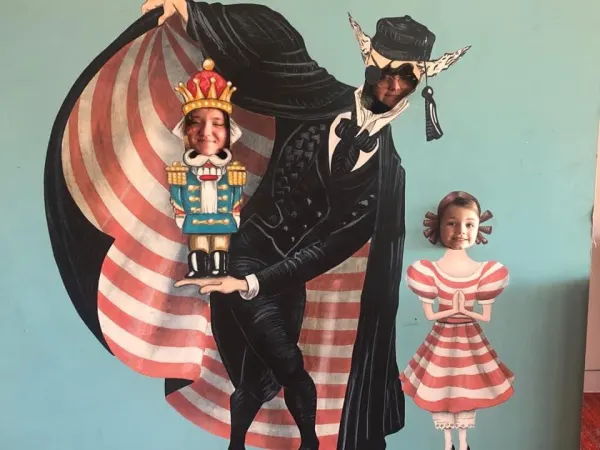
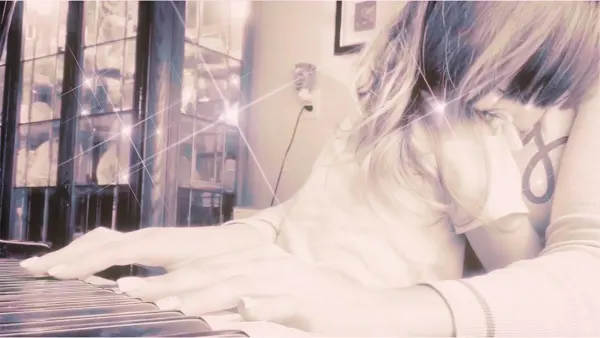
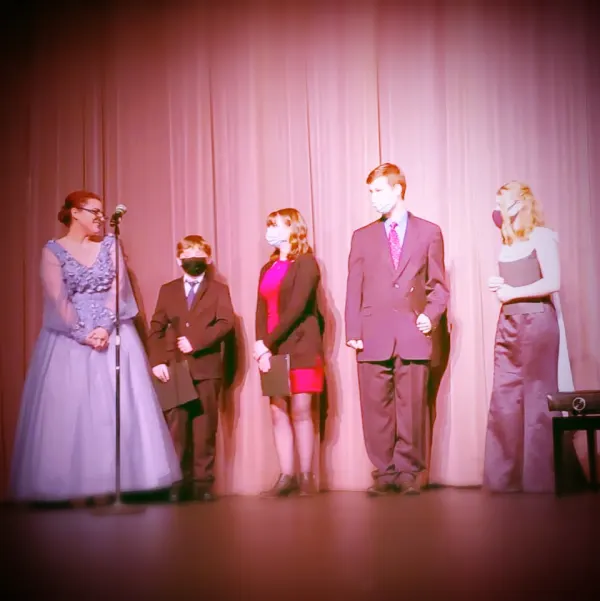

Reviews
Leslie M.
Sara F.
Emily A.
Trissa U.
Nastasha W.
Molly L.
Frequently asked questions
What is your typical process for working with a new student?
Lesson times are divided into subjects following the Faber and Faber methodology. Time is spent covering the main lesson unit of the week, where students are taught musical concepts, dictation, notation, phrasing, terminology and pedaling.
Technique is then addressed, to help students learn how to apply lesson unit concepts, as well as how to achieve maximum precision and efficiency in the mastering of their instrument.
Performance pieces are included in each lesson, to train the student in choosing ideal pieces for their level, and personality. It is also an essential aid in learning stage presence, how to play for the audience, as well as performance etiquette.
Classical Repertoire across a vast variety of genres is chosen based on students level and field of study. These pieces are chosen based on upcoming performances, auditions, adjudications, and entrance exams the student may face throughout the year.
Students are required to complete all scalar studies, including but not limited to: All major Pentatonics, All Major and Minor Diatonics from memorization in order by the Circle of Fifths, all Modal Scales, Chromatic ascending and descending scales, as well as Whole tone Scales.
Students (age 8 and above) also are required to study music history, and are asked to submit a weekly biography of a chosen composer covering all genres of composition, as well as major music events in history.
Each lesson also includes units on Theory and Composition, where students are guided through, theoretical analysis, chord structure, note-spelling, scale structure, chordal analysis, comprehension of complex rhythmical patterns, SATB dictation, key signatures, time signatures, and composition construction.
What education and/or training do you have that relates to your work?
Amora has been a Music Educator for over 20 years, teaching in various settings throughout the Pacific Northwest, as well as Western Europe. A specialist in Piano, Flute, and Vocal performance, Amora also offers extensive knowledge in Musical Theory and Composition. As a highly trained and certified Music Therapist, Amora has worked in schools across Western Europe, bringing music to life within communities of special needs children and adults. Now settled in the great Pacific Northwest, Amora offers lessons to students from all over the country, who come to receive her instruction and expertise.